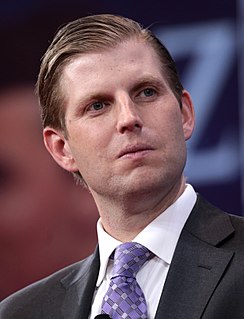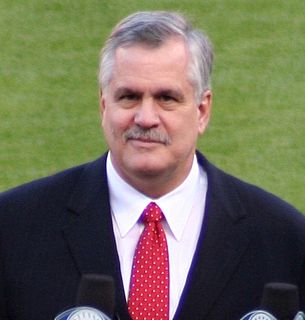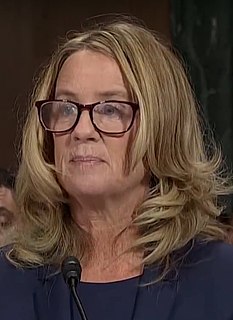A Quote by Tom Vanderbilt
As Harvard University psychologist Daniel Gilbert argues, 'You can't adapt to commuting, because it's entirely unpredictable. Driving in traffic is a different kind of hell every day.'
Related Quotes
I had a certificate that said, 'Doctor of Mixology, Harvard University,' that I actually got from Harvard University. A friend of mine was a research assistant over there and it was one of those student or university perks and she brought me in on that. So I am a doctorate from Harvard and it only took me one afternoon.
That said, there are a few clear factors that determine the potential of a university to reach the highest levels of excellence. In the case of Harvard University, it was true that by the time of its tercentenary (300th anniversary of its founding) in 1936, Harvard had already achieved a reputation as a world-class institution. Harvard did not have the stature that it does today.
I got a PhD from Harvard and a few years later, there was a girl from Sunderland who hadn't got into Oxford or Cambridge, even though she'd got perfect A-levels. Harvard asked me to come and recruit her because I was recruited out of university by Harvard - they were trying to show that people could make it.
He's wearing his official university sweatshirt again, which puzzles me a little. I mean I'd sort of understand it more if it said Yale or Harvard or something, because then it would be a fashion choice. But why advertise the fact that you're at a university to all the other people who are at the university with you?
Sergey and I founded Google because we're super optimisitc about the potential for technology to make the world a better place. Think about how many people are underserved by transportation today, like those with disabilities, and how self driving cars will transform their lives. Or the wasted time you sit in your car every day commuting to and from work. Or the deaths and injuries that could be avoided.
India is a little different from the developed world because discipline of any kind is alien to us. Along with the right to spit in public, we will resist all attempts to discipline our driving. As pedestrians, we will cross any road at will, and as cops, we will view traffic offences as business opportunities.
I think every coach has to adapt to what they have, because they're what you get. You can't just go out to the player tree and pick all the great ones. That doesn't happen. You get a Barry Sanders every now and then. You get a Billy Sims every once in a while. And when you have it, you adapt to their strengths. Whoever comes in here and whoever has this job needs to adapt and will do that.

































